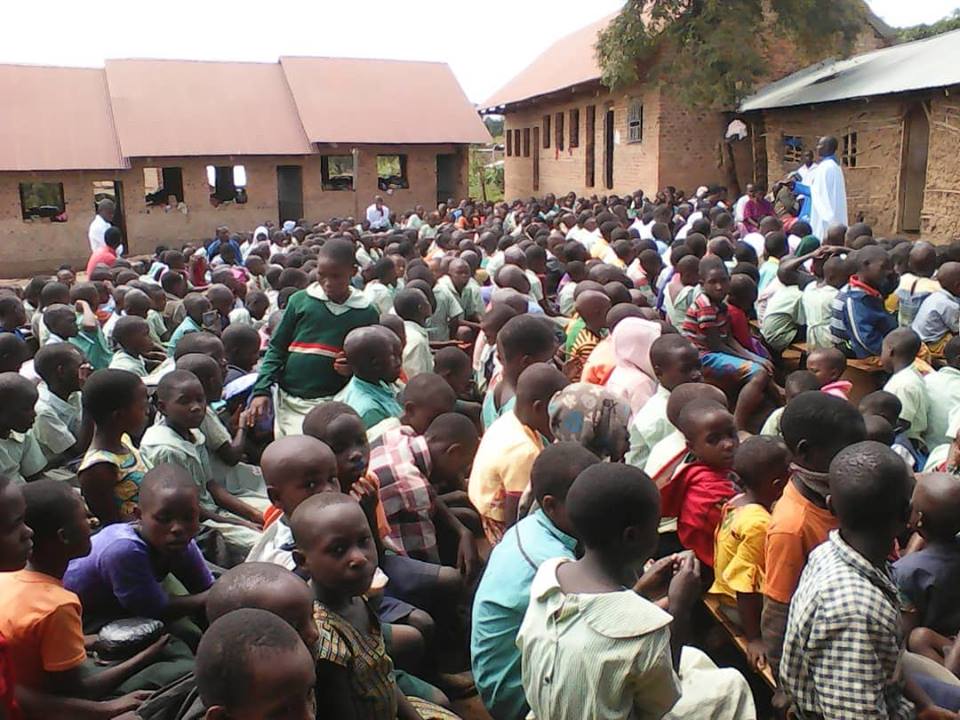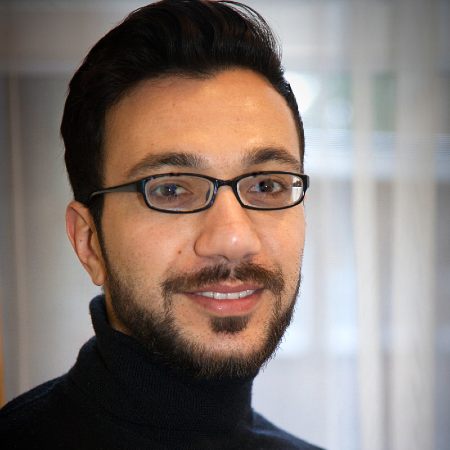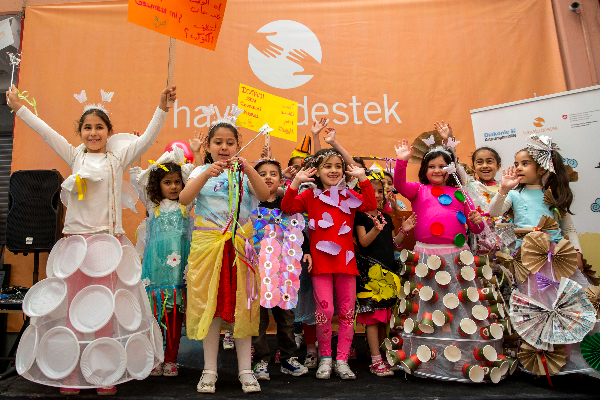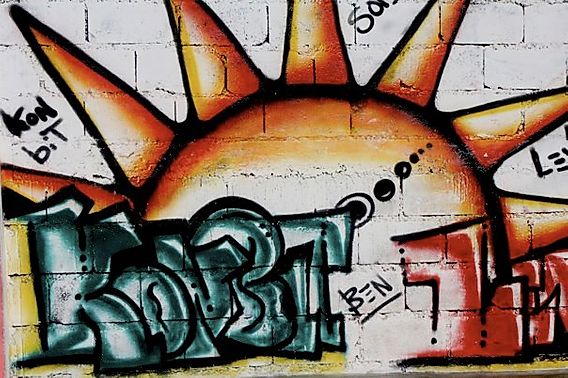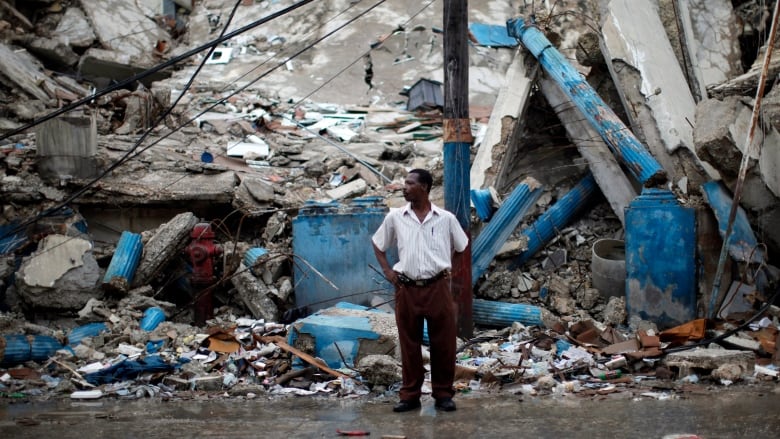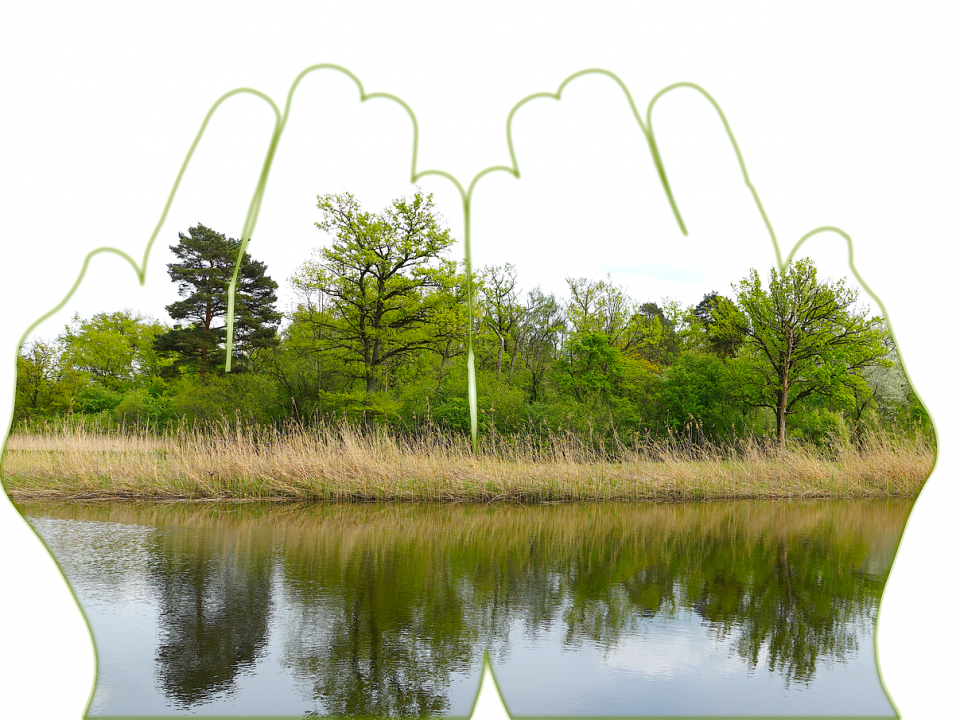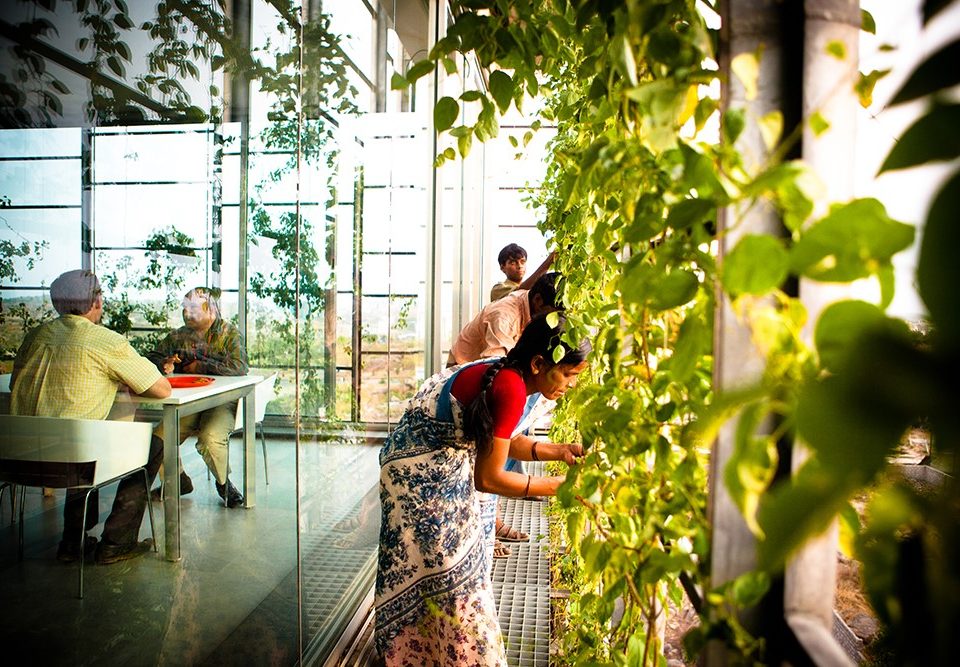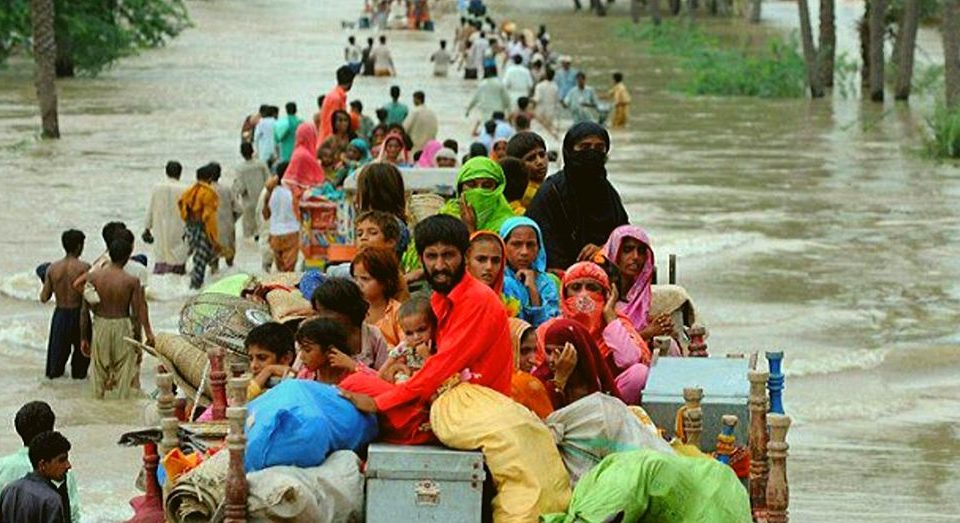Farida Tchaitchian Bena
- Filter by
- Categories
- Tags
- Authors
- Show all
- All
- academia
- accountability
- adaptation
- afghanistan
- aid
- aid effectiveness
- architecture
- Argentina
- asylum-seeker
- budget
- bureaucracy
- business
- capacity sharing
- child protection
- children's rights
- citizen engagement
- citizen participation
- citizen voice
- climate c
- climate change
- colombia
- community
- community development
- comparative development
- conflict
- cooperation
- COP21
- COP26
- corporations
- Covid-19
- data
- decision-making
- decolonisation
- Democratic Republic of Congo
- developing countries
- development
- development co-operation
- development effectiveness
- development finance
- dialogue
- disaster preparedness
- disaster response
- domestic resource mobilisation
- donors
- DRC
- economic empowerment
- emergency preparedness
- employment
- entrepreneurship
- equality
- espanol
- EU
- evaluation
- feedback loops
- feminism
- français
- gender
- gender equality
- gender-based violence
- global development
- gpedc
- grand bargain
- Haiti
- health
- homeless
- housing
- human rights
- humanitarian aid
- humanitarian effectiveness
- ICT4D
- inclusion
- indirect cost recovery
- inequality
- information
- INGOs
- innovation
- integration
- international cooperation
- international humanitarian law
- jobs
- Kenya
- knowledge
- language
- least
- least developed countries
- LGBTI
- local aid workers
- local development
- local NGOs
- localisation
- men
- mental health
- mexico
- migrants
- migration
- mining
- minorities
- mirps
- multinationals
- natural disasters
- negotiations
- NGOs
- Nigeria
- Northern
- ODA
- OECD
- ownership
- Pacific
- participation
- participatory methods
- partnerships
- peace
- perceptions
- perceptual data
- perspectives
- philanthropy
- Philippines
- policy
- policymaking
- politics
- poverty
- power
- protection
- racism
- RDC
- refugees
- representation
- Republique Democratique du Congo
- resilience
- responsiveness
- rights
- sexual abuse
- sexual harassment
- social accountability
- social justice
- solidarity
- South-South cooperation
- Southern
- southern voices
- statistics
- sustainable development
- sustainable tourism
- Syria
- Tanzania
- tax
- time
- transparency
- Uganda
- Ukraine
- UN
- united nations
- Vietnam
- water and sanitation
- women
- women's rights
- world food day
- world humanitarian summit
- youth
September 10, 2020
Published by Farida Tchaitchian Bena at September 10, 2020
Categories
Before Covid-19, before Black Lives Matter, the aid and development sector was already grappling with massive challenges – the ‘Aid too’ movement, the full-on attack on multilateralism, the toxic narrative against refugees, just to name a few. Yet, there was little questioning where to turn for solutions. The sector has responded to those challenges with a flurry of initiatives based on ‘best practices’ and widely accepted knowledge. Stricter measures have been introduced for higher protection from sexual exploitation and abuse in country programmes. In some cases, policymakers have started listening more to the voices of affected populations; in other cases, they have allowed for refugees’ participation in key policy discussions. Yet, the reforms enacted so far are still fundamentally grounded in traditional Western/Northern notions of what is best for ‘developing’ countries and their people.
August 7, 2020
Published by Farida Tchaitchian Bena at August 7, 2020
Categories
My last (pre-COVID) intern has been a Ugandan woman, Mary Akugizibwe. Not only did she bring with her solid international experience, including with the Criminal Tribunal for the Former Yugoslavia and the United Nations; she also contributed unique views on humanitarian aid and development as the founder of a local Ugandan organisation, Global Refugee Initiatives. It has been an honour working with Mary. Here are some of her reflections on local and international cooperation.
June 19, 2020
Published by Farida Tchaitchian Bena at June 19, 2020
Categories
20 June is World Refugee Day. This year, humanitarian and refugee agencies will mark it very differently due to the coronavirus pandemic, but for millions of refugees and other forcibly displaced people, little will change. For many of them, putting food on the table remains a bigger challenge than avoiding getting infected. I talk about these competing priorities and possible solutions with Reshad Jalali, Policy Officer at the Brussels-based European Council on Refugees and Exiles (ECRE).
May 6, 2020
Published by Farida Tchaitchian Bena at May 6, 2020
Categories
A few months ago I met a brilliant colleague, Sema Genel Karaosmanoğlu, at a global meeting on how to improve humanitarian action. Sema is the Executive Director and Board Member of Support to Life, a Turkish NGO. She also heads the largest global network of local aid organisations, NEAR. As the Covid-19 pandemic spreads to the global South, Sema shares her perspectives on humanitarian aid, how to improve it and what local organisations can contribute to address the challenge of our time.
April 7, 2020
Published by Farida Tchaitchian Bena at April 7, 2020
Categories
In my previous post, I discussed the international response to the 2010 Haiti earthquake with Sabina Carlson Robillard and her husband Louino ‘Robi’ Robillard. They both participated in relief efforts at the time. Today, they manage Konbit Solèy Leve, a community-led movement founded in the biggest Haiti slum, Cite Soleil, in 2011. In Part Two of our conversation, Sabina and Robi share the objectives of Konbit Solèy Leve and explain how this model of local solidarity can be used to address other similar challenges around the world. Truly an inspiration for finding creative ways to help each other at a time when the coronavirus pandemic is keeping people apart.
March 8, 2020
Published by Farida Tchaitchian Bena at March 8, 2020
Categories
This is the first part of a conversation with Sabina Carlson Robillard and her husband Louino ‘Robi’ Robillard. Sabina, a US national, and Robi, a Haiti-born, met in Haiti while contributing to the response to the 2010 earthquake. Today they support Konbit Solèy Leve, a community-led movement founded in the biggest Haiti slum, Cite Soleil, in 2011. In Part One of this conversation, Sabina, Robi and I discuss the international response to the 2010 earthquake from a local perspective.
February 3, 2020
Published by Farida Tchaitchian Bena at February 3, 2020
Categories
Para mi primer artículo en el 2020 quisiera comenzar la publicación de artículos en otros idiomas, además del inglés. Como mencioné antes, es tiempo de reflejar la diversidad de visiones sobre los problemas del desarrollo global en el idioma que usamos -algo que la traducción instantánea suele perder. Espero que la lectura del artículo a continuación en el idioma nativo de la entrevistada ayude a eliminar las barreras del lenguaje (y del poder) en nuestra conversación global. Muchas gracias a Roxana Goldstein por su traducción.
February 3, 2020
Published by Farida Tchaitchian Bena at February 3, 2020
Categories
For my first 2020 blog post I would like to start publishing articles in other languages in addition to English. As I have mentioned before, it is time to reflect the diversity of views on global development issues in the language we use – something that instant translations often miss. I hope reading the article below in the interviewee’s mother tongue will help eliminate language (and power) barriers to our global conversation. Many thanks to Roxana Goldstein for her translation.
December 23, 2019
Published by Farida Tchaitchian Bena at December 23, 2019
Categories
After the climate change conference in Madrid (COP 25) and before the end-of-the year holidays is a fitting time to think of those who are most vulnerable to the impact of climate change, particularly those without a place to live – the homeless. I discuss their challenges with Rajendra Kumar, the Director of the School of Architecture at Noida International University, just South-East of New Delhi, India. Rajendra, who is also a member of civil society platform CIVICUS, promotes sustainable architecture, both in his native India and around the world. Here he explains what role architecture can play in reducing the harshest effects of climate change on the homeless.
November 26, 2019
Published by Farida Tchaitchian Bena at November 26, 2019
Categories
This year marks the first review of the Sustainable Development Goals (SDGs) or Global Goals, the seventeen objectives universally agreed to advance human progress by 2030. I discuss this progress, particularly in the fight against climate change, with Maria Theresa (Tetet) Nera Lauron. Tetet is an Advisor at the Rosa Luxemburg Foundation office in Manila, Philippines. Prior to this role, she closely followed the climate change negotiations leading to the landmark Paris Agreement in 2015.


